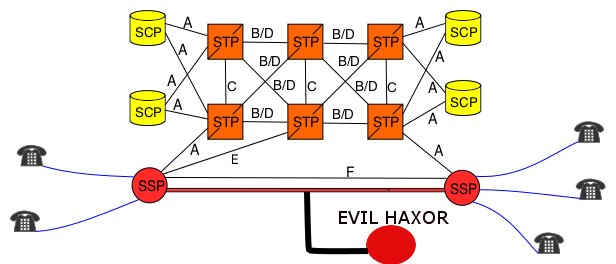Congressman Cohen Announces Internet Privacy Research Grant to the University of Memphis
Work on encrypted data over wide-area networks supported by the National Science Foundation
MEMPHIS – Congressman Steve Cohen (TN-9) today announced that the University of Memphis will receive a $220,133 grant from the National Science Foundation for research on privacy in the transmission of encrypted data over wide-area networks. The research is being conducted by Professor Christos Papadopoulos, who holds the Sparks Family Chair of Excellence in Global Research Leadership in the Department of Computer Science.
Congressman Cohen made the following statement:
“I congratulate the University and Professor Papadopoulos on this prestigious National Science Foundation grant award. Clearly, privacy concerns must be addressed as more personal data travels over the internet and I am pleased to see this innovative research addressing them is being undertaken at the University.”
According to the National Science Foundation abstract of the research:
“The PIMAWAT (Privacy in Internet Measurements Applied to WAN And Telematics) project will demonstrate new methods to provide data networking datasets that respect end-user privacy, while still being able to support new research in network protocols, security, privacy, and machine learning. The main insight is that *most data today sent over the wide-area network (WAN) is encrypted*; thus, the challenge is to demonstrate what data is encrypted, detect and scrub any remaining leaks, and finally anonymize the metadata (who talks to whom) before sharing data.
“The intellectual merit of PIMAWAT will be to develop new methods to anonymize network traffic at scale, then use those new algorithms to evaluate potential data leakage, and demonstrate that real-world data sources can be scrubbed for sharing while respecting privacy. PIMAWAT plans to focus the investigator’s prior work on wide-area network data traffic. As possible, it will also explore vehicle telematics as a recently developing dataset that poses unique privacy opportunities and challenges, with a device (not person) focus, yet with geolocation and application details.
“The broader impacts of PIMAWAT will be to democratize the potential to collect and share network data through…

